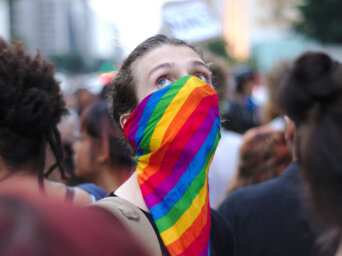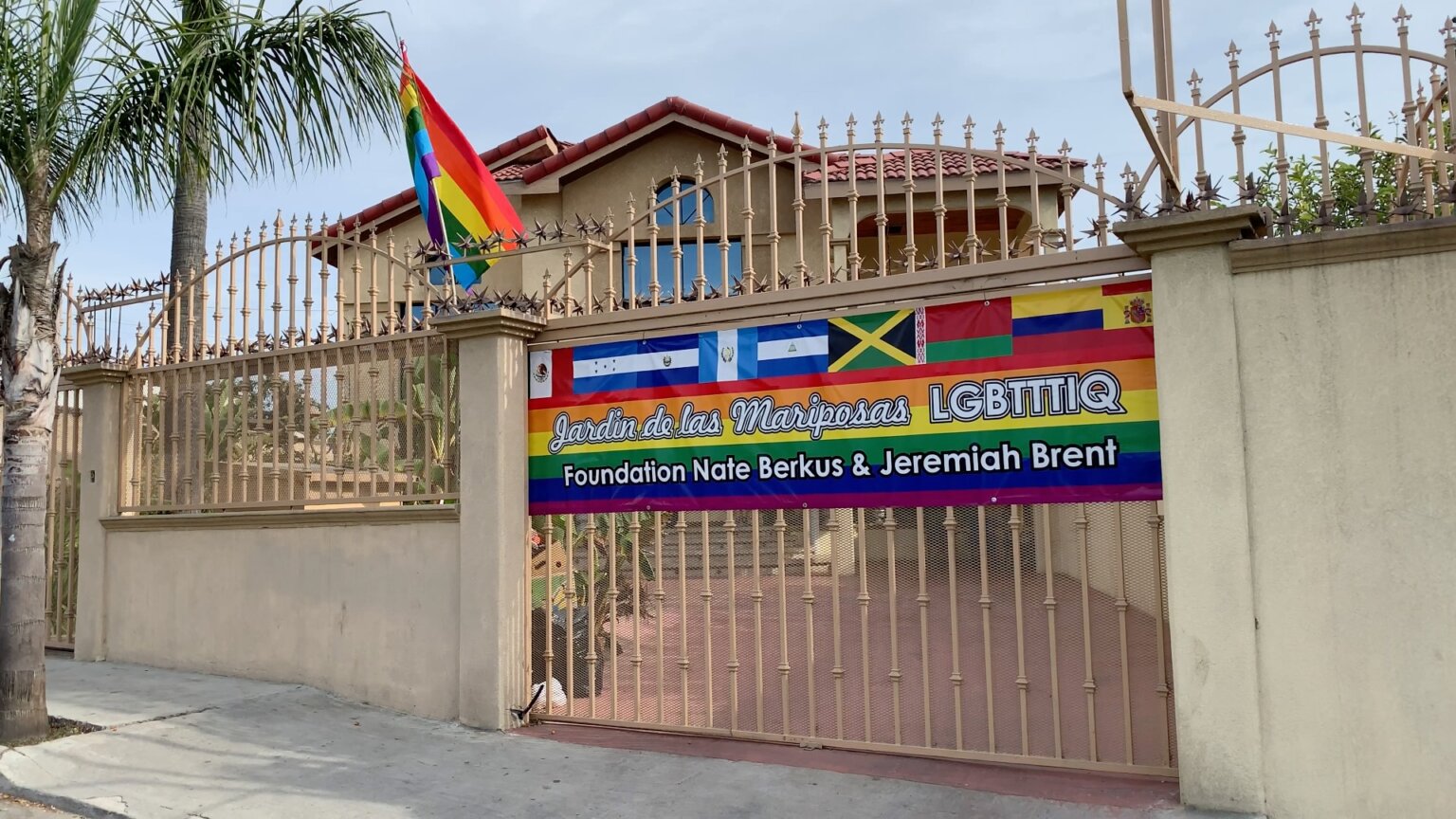- About
- Topics
- Picks
- Audio
- Story
- In-Depth
- Opinion
- News
- Donate
- Signup for our newsletterOur Editors' Best Picks.Send
Read, Debate: Engage.
| topic: | LGBT Rights |
|---|---|
| located: | Brazil, Chile, Argentina, Mexico |
| editor: | Ellen Nemitz |
The short answer to this question is: yes, we can. This is not to ignore the numerous threats to LGBTI+ lives across Latin America, however.
More than 50 years after the historic 28 June 1969 sparking of the Pride movement and its civil rights demands for sexual minorities, several victories must be celebrated; yet, prejudice and violence targeting LGBTI+ people remains a concern in many countries. Latin America is a place of contrasts for this community.
Even though being non-heteronorsexual is not a crime in the majority of countries in Latin America (Jamaica and Guyana are some exceptions), risks remain high for queer people in Brazil, for example, which records the highest homicide rates of homosexual and trans people in the world, or in Guatemala, where three queer people were killed in just one week.
Beyond physical violence and threats that put their lives at risk, LGBTI+ people face many other barriers to living a full life of normalcy and acceptance.
Uncurtailed civil rights - including being able to get married and adopt a child or conceive children, accessing public spaces as couples and self-expressing without hiding gender identification or sexual orientation - are essential in order to live peacefully in a community. In this sense, there have been some recent advances in Latin America that we should celebrate.
Chilean president Sebastián Piñera - who has been the main target of demonstrations that sparked in 2019 and continued one year later - is now dedicating efforts to pass a bill allowing same-sex marriage.
The same step was taken by the Mexican state of Baja California in the past month. The Mexican Supreme Court has already ruled in favor of same-sex marriage, but some states still resist the practice. It is remarkable, however, that these same rights are not recognised by other Latin American countries, such as Bolivia, Paraguay, Peru and Venezuela, for example, according to the project Equaldex.
Brazil, over the past years, has seen some important advances in queer rights as well. In a country where same-sex marriage has been legal allowed since 2013, gay and lesbian couples can build a family; the Supreme Court has also ruled in 2019 to treat LGBTIphobic attacks as hate crimes. One year later, the same court allowed gay men to donate blood, and ruled that they should be subject to the same security measures as other donors.
Argentina, on its part, has just passed a law that reserves 1% of public jobs to trans people and grants tax incentives to private companies employing them (trans people are the most affected population when it comes to lack of formal employment opportunities). The nation also includes trans women in some of its gender-based policies.
Despite these small but important steps, there are some hidden challenges that warrant attention, such as the international protection and access to information by LGBTI+ refugees, an issue that the UN program ONUSIDA (for Aids and HIV in Latin America) recently discussed.
We must remember that the daily struggles of the LGBTI+ community are unfair; still, in the 21st century, many countries in Latin America (and across the world) put moral and personal opinions at the core of political decisions, which are thus harmful for the physical and mental health and safety of queer people.
May the next year bring us more to celebrate. Happy Pride Day!
Image: dfactory.

